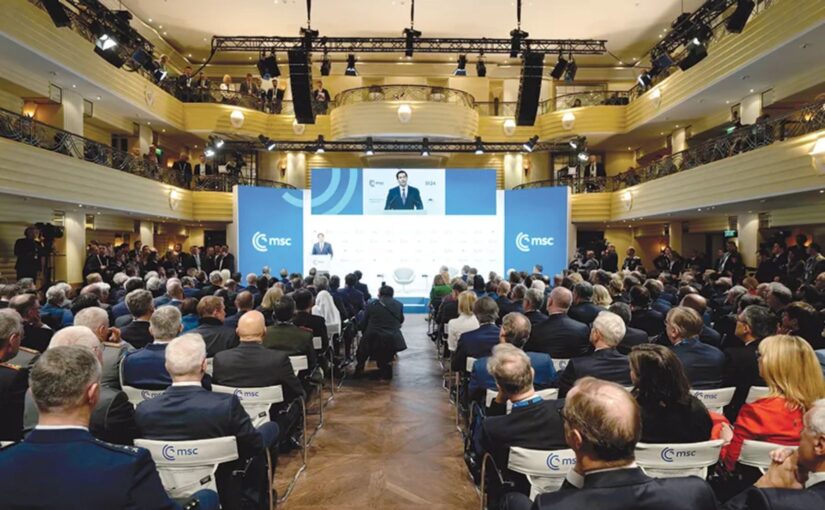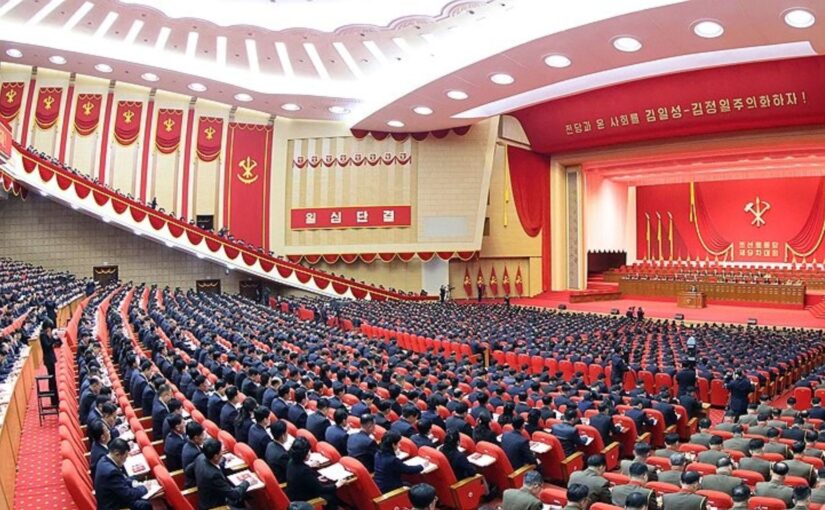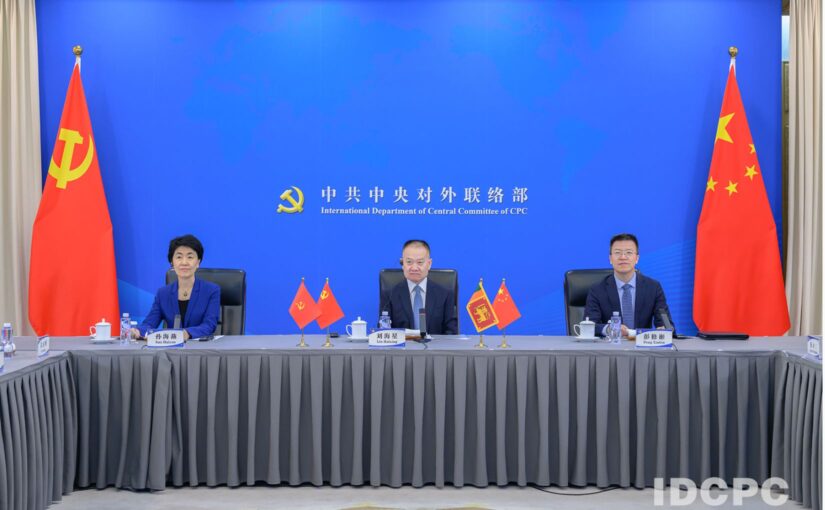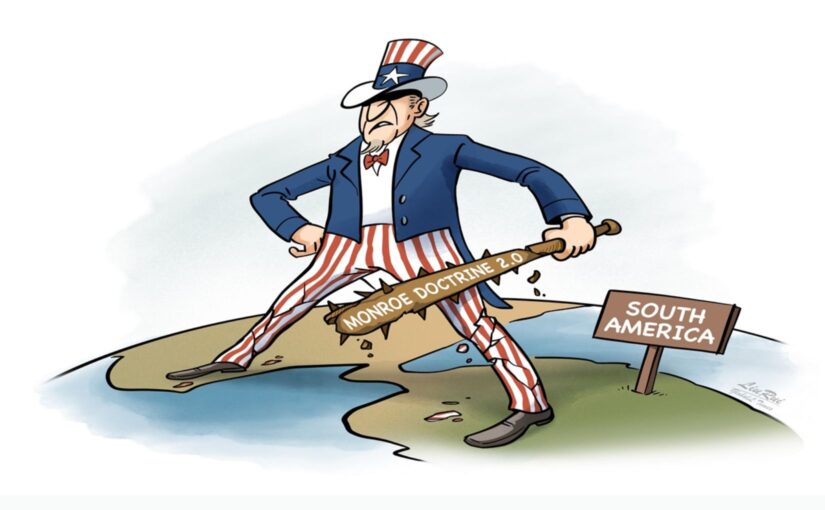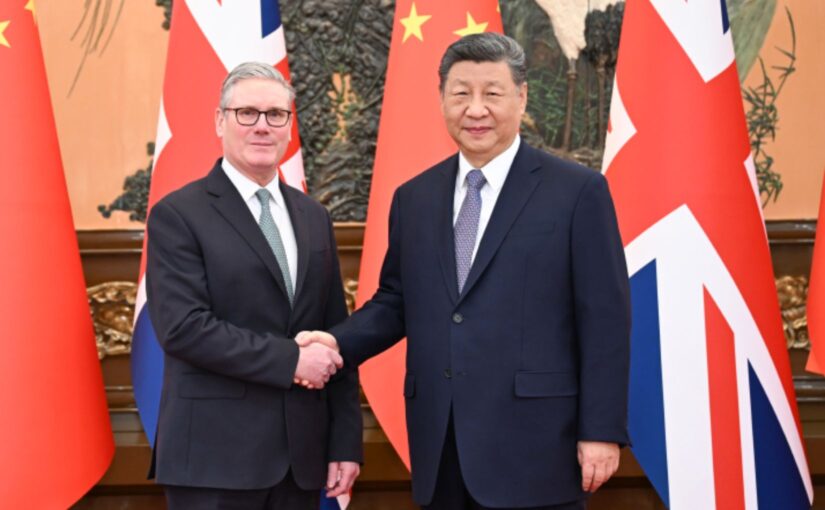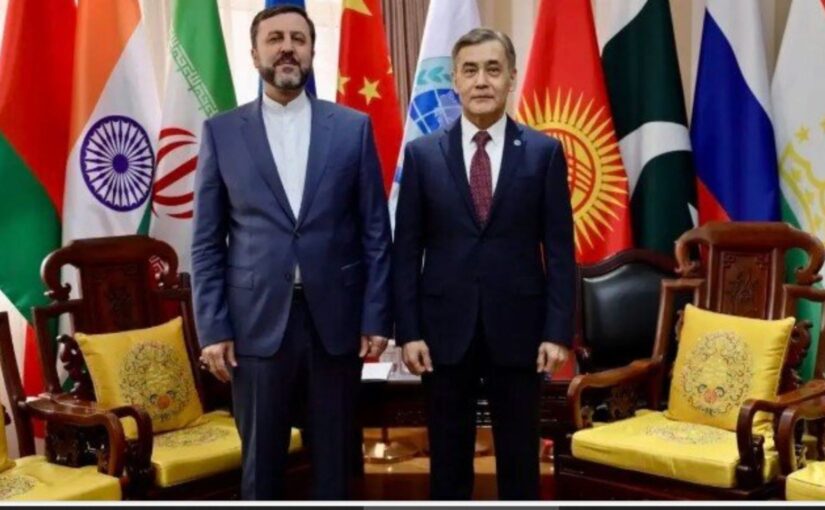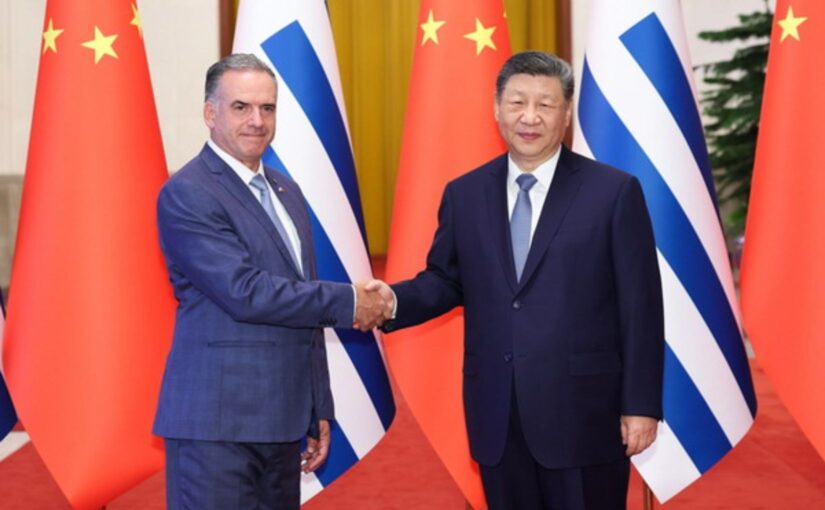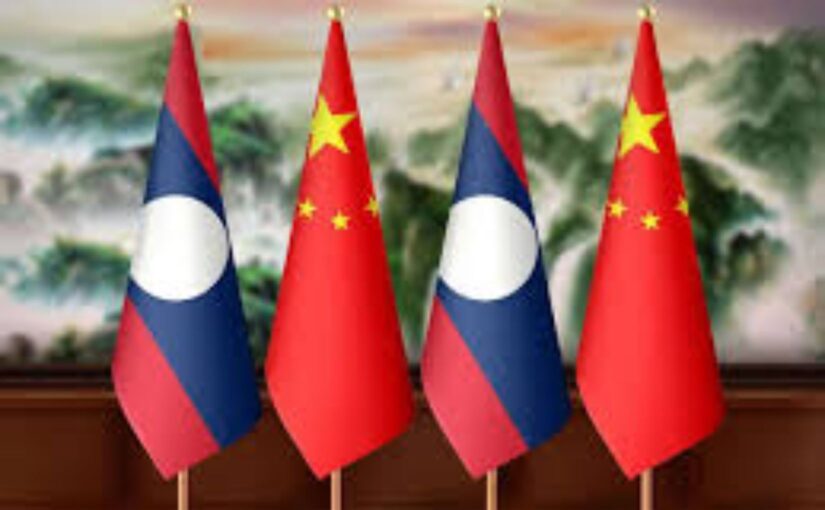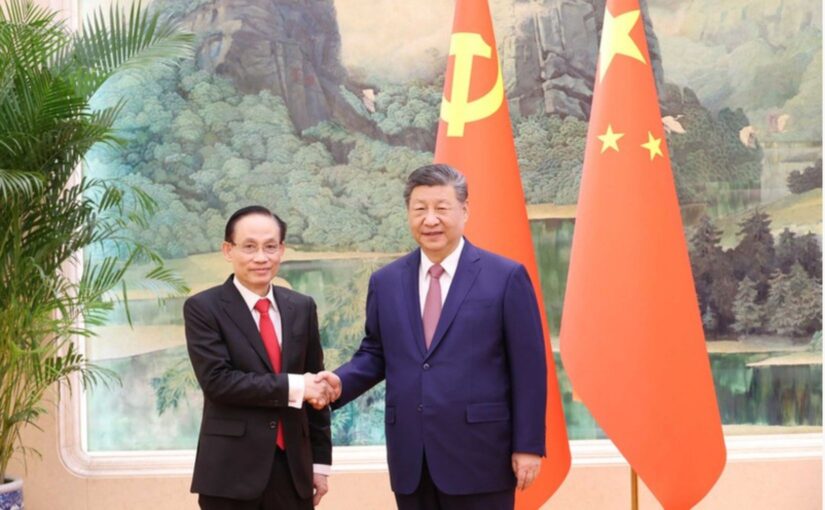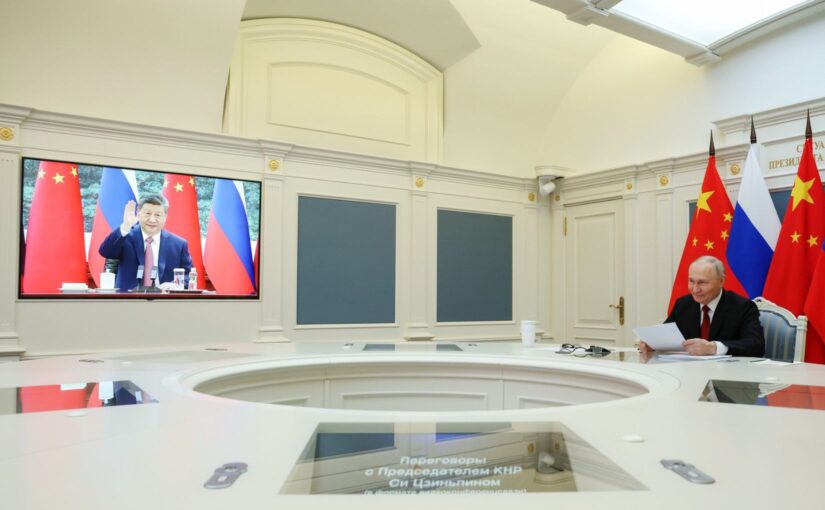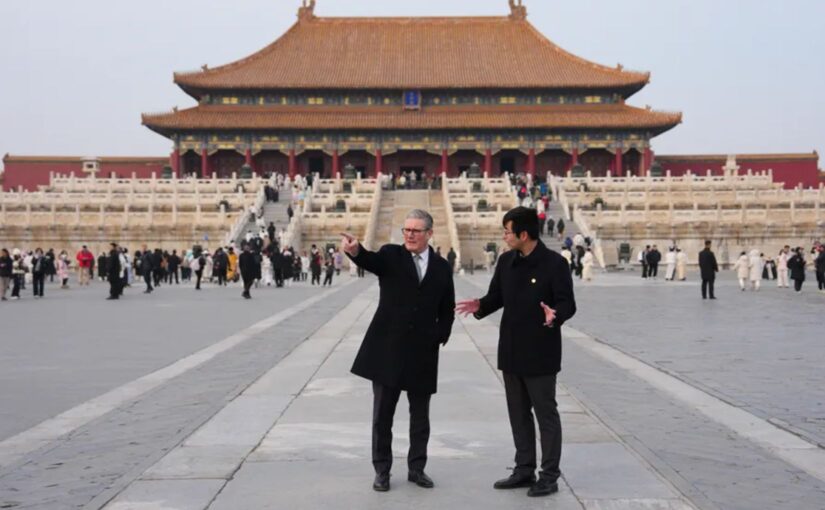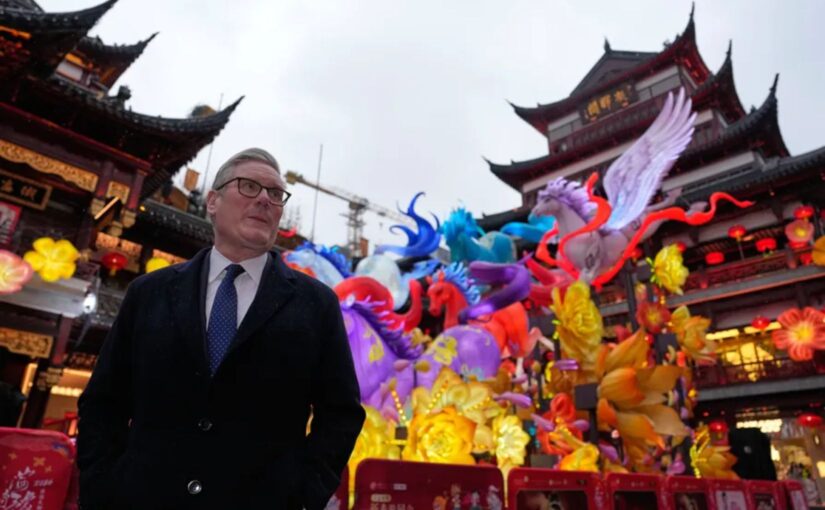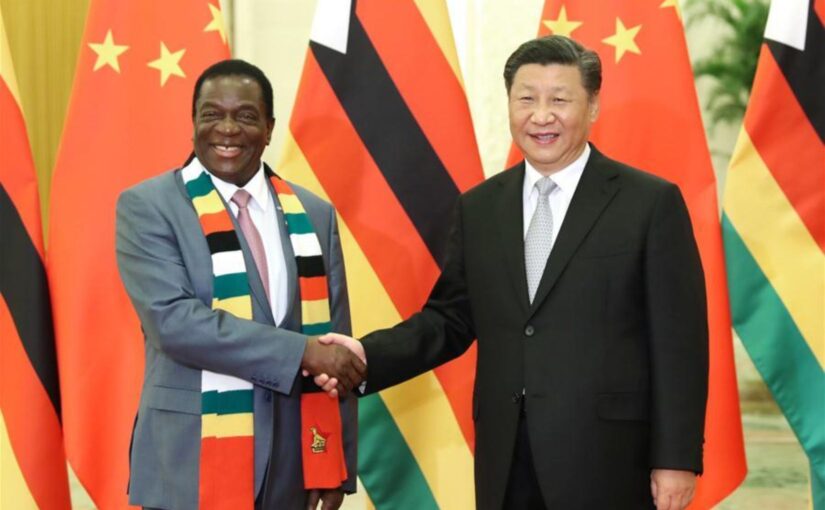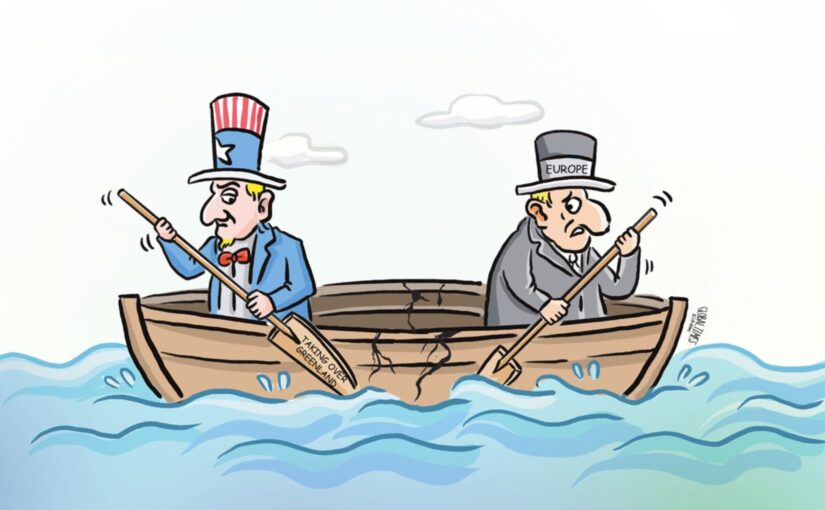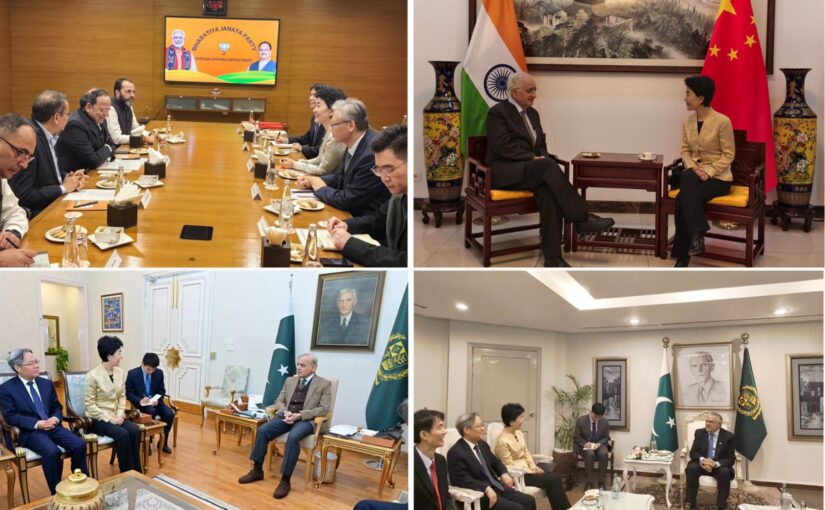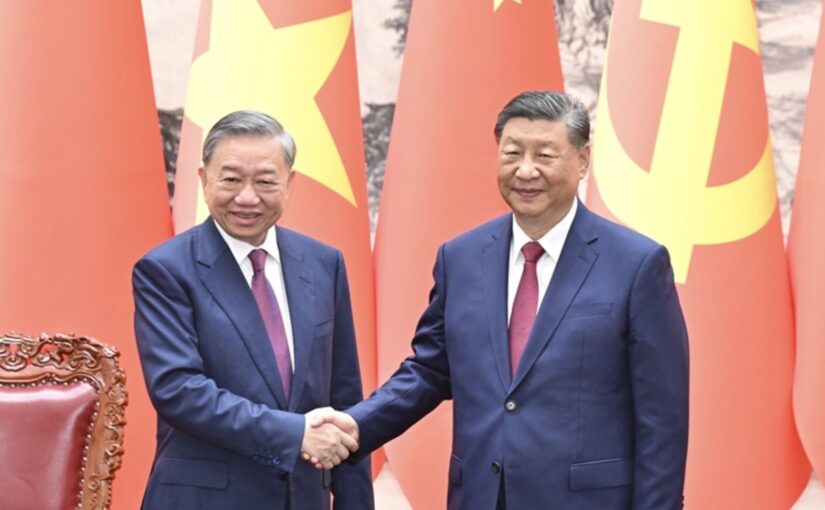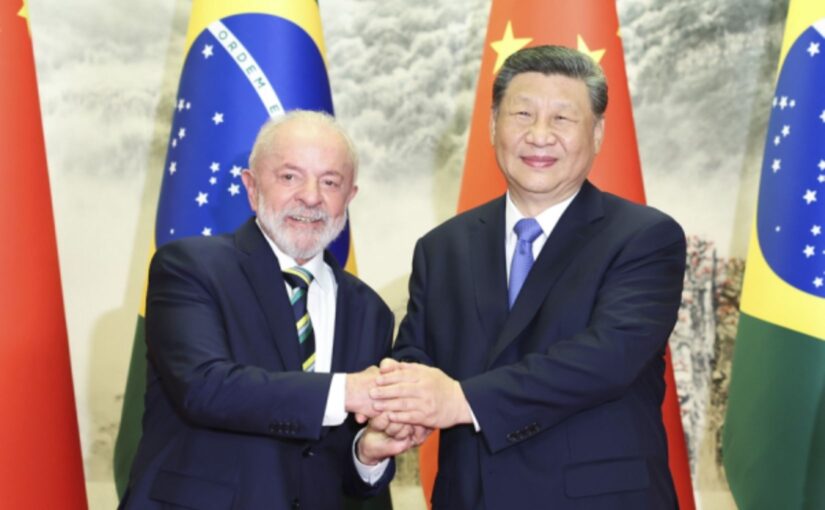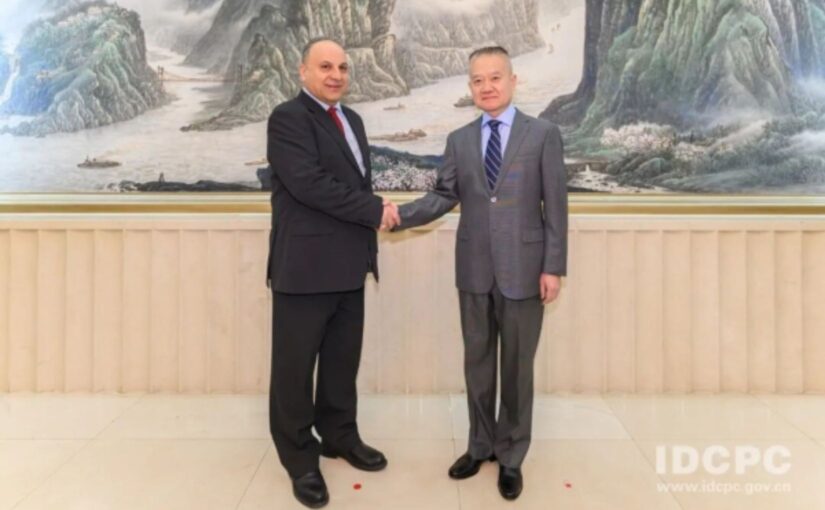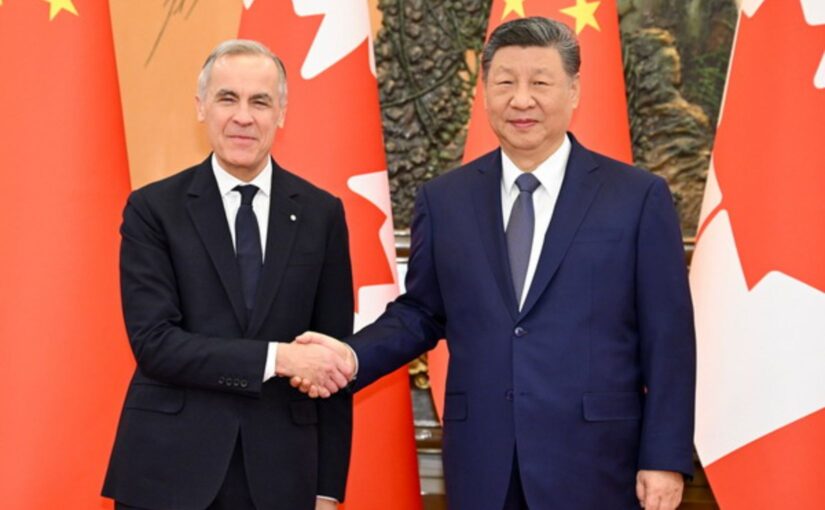The two articles collected here, by Paweł Wargan and Sevim Dağdelen, approach the same moment in world politics, arriving at a shared conclusion: the international order is entering a period of profound transition, marked by the decline of Western hegemony and an increasingly open struggle over what comes next. Both writers use the recent Munich Security Conference as a lens through which to examine this shift, arguing that the language emerging from parts of the Western establishment reflects not confidence, but profound anxiety about the changing global balance of power.
A central thread running through both analyses is the contrast between two competing visions of international relations.
On one side, they see a US-led Western bloc seeking to preserve its dominance through military power, sanctions, and coercive diplomacy. The speech by Secretary of State Marco Rubio attempts to provide an ideological framework for this posture by openly promoting white supremacism and colonial nostalgia (“We are part of one civilisation – Western civilisation. We are bound to one another by the deepest bonds that nations could share, forged by centuries of shared history, Christian faith, culture, heritage, language, ancestry, and the sacrifices our forefathers made together for the common civilisation to which we have fallen heir”). Rubio flaunted Washington’s willingness to abandon international law and the basic norms of relations between states in support of reviving and furthering Western hegemony.
On the other side stands a different vision, associated above all with China and the broader Global South. Chinese Foreign Minister Wang Yi’s speech represents a contrasting emphasis on multilateralism, sovereign equality and cooperation among states. Both Paweł and Sevim’s articles suggest that China’s growing influence – economically, diplomatically and institutionally – has become central to the emerging multipolar order. Rather than viewing China simply as a rival, these articles frame it as a key actor in building alternative institutions and partnerships that challenge imperialism and uphold the principles of the United Nations Charter.
Together, the two texts explore the stakes of this historical turning point. Is the world moving toward renewed confrontation and bloc politics, or toward a more multipolar and democratic international system? The answer, they imply, will depend not only on the decisions of major powers but on the unity and coordinated action of countries throughout the world, and particularly the Global South.
Paweł Wargan is Political Coordinator at the Progressive International. Sevim Dağdelen was a member of the German Bundestag from 2005 to 2025 and is currently a member of the Federal Executive Board of the German party BSW (Bundnis Sahra Wagenknecht / The Sahra Wagenknecht Alliance).
Adults in the Room
February 20 (Valdai Club) – The 62nd Munich Security Conference concluded with a funereal mood. For three days, heads of state, diplomats, and military officials gathered between the Hotel Bayerischer Hof and the Rosewood Munich to take stock of a world system that is, by their own admission, fracturing. The conference report, titled Under Destruction, acknowledged what has long been obvious to those watching from the periphery of the imperial system: the post-1945 US-led international order is coming apart at the seams.
In more ways than one, the Conference revealed the contours of the world order that is emerging in its place. It exposed a diminishing and desperate Europe and a revanchist and atavistic US — two parts of a weakening bloc determined to rescue its position on the international stage with force. But it also revealed an alternative: a determination to build a new international order that could finally overcome the inequities of a global system structured by centuries of colonial rule and violent domination.
European leaders rehashed a well-worn liturgy of contradictory claims and feeble appeals. War was at the forefront of their minds. Kaja Kallas, the EU’s High Representative for Foreign Affairs, spoke of a Russia that was simultaneously “broken” and “no superpower”, and an omnipotent Russia that could “cripple economies through cyberattacks, disrupt satellites, sabotage undersea cables, fracture alliances with disinformation, [and] coerce countries by weaponising oil and gas” — a narrative designed to shore up support for Europe’s re-militarization.
Continue reading Marco Rubio and Wang Yi offer vastly contrasting visions of international relations